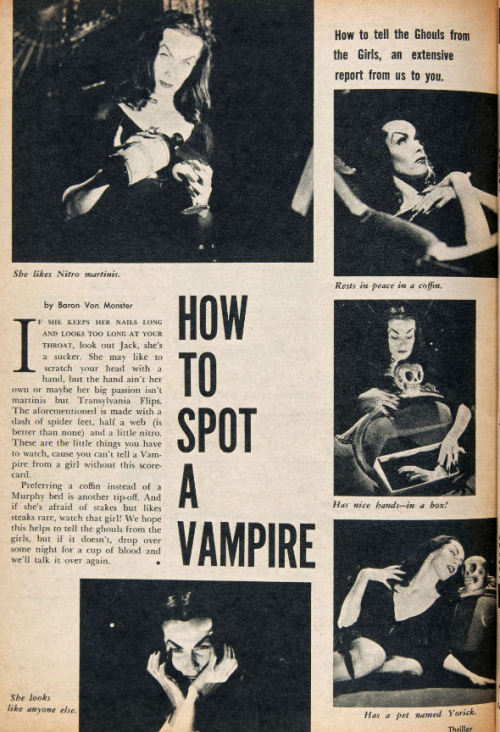Sell both 32000 call and put.
Considering current volatile market lest say premium on Monday morning is 350 on both sides.
Sold with 700 points combine premium.
If bank nifty will trade in narrow range say +\- 100 hold it.
If moving 200 points
Dear Nitesh can you share some idea how you makes successful trade. Please I am in a big loss since I started my journey of stock market in 2017. Then I took 15 lac loan and everything is vanished. Now I am in so much struggle to pay the EMI
— Ganesh (@Eshan70302504) May 30, 2021
it will consolidate between 32000-32200 or 32100 to 32300 and u will get theta decay.
— Mitesh Patel (@Mitesh_Engr) May 15, 2021
This is for normal move. Sudden big move may come anytime. So keep SL in system.
If u r selling at 350-350 then keep SL in system 475 for both legs.
Practice it. No need to attend webinar.
Catch me if you can @Mitesh_Engr
— Nikita Poojary (@niki_poojary) July 17, 2021
Time for a\U0001f9f5
Mitesh Sir's EXPIRY Option Selling 101:
\u2022 What to look for?
\u2022 Strike Selection & Ratios
\u2022 SL mgmt
\u2022 Avoiding freezes
\u2022 Monthy Expiry
\u2022 Event days
\u2022 How he would have traded last expiry?
In collaboration with @AdityaTodmal pic.twitter.com/9uN2vQQ4hc


Donald Barr had a way with words. pic.twitter.com/JdRBwXPhJn
— Rudy Havenstein, listening to Nas all day. (@RudyHavenstein) September 17, 2020
